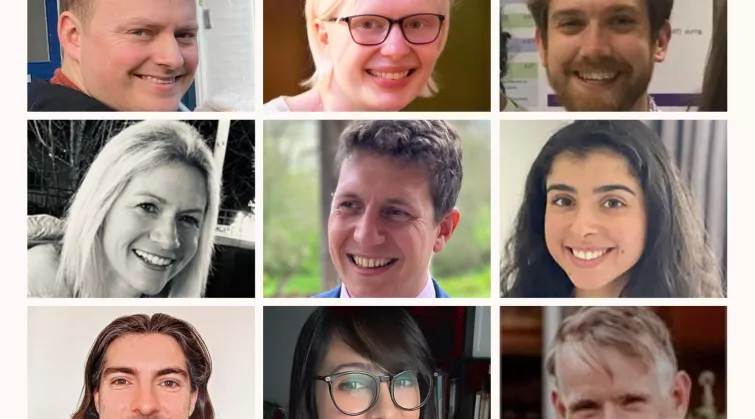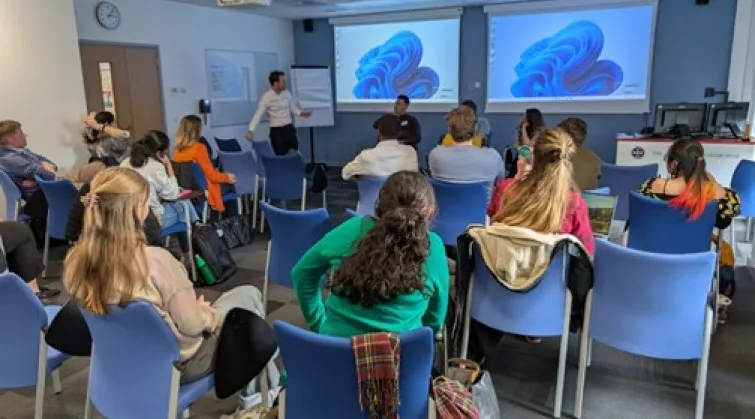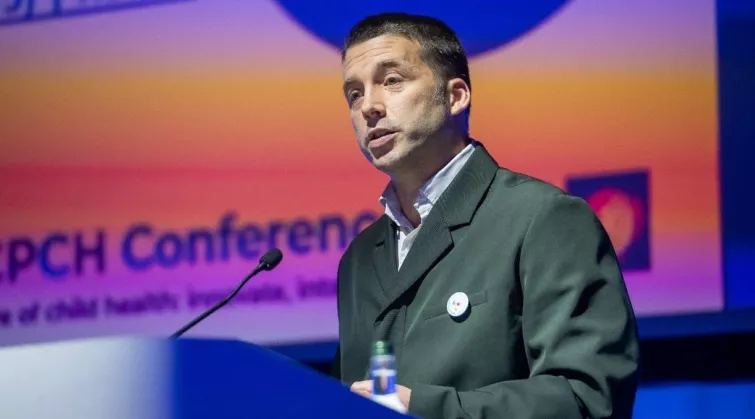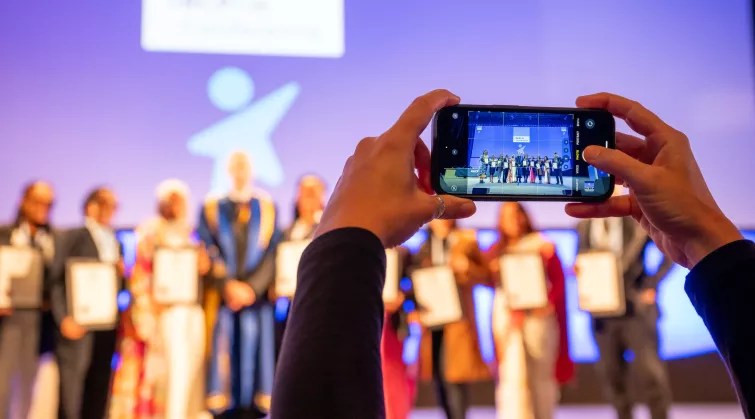Blog
8 October 2025
Announcing the launch of the 2026 Research Awards and celebrating the 2025 winners
We are pleased to announce the launch of the 2026 Research Awards, which recognise outstanding contributions to paediatric research. As we open applications for the 2026 awards, we also take a moment to celebrate the exceptional winners of the 2025 Research Awards.
















